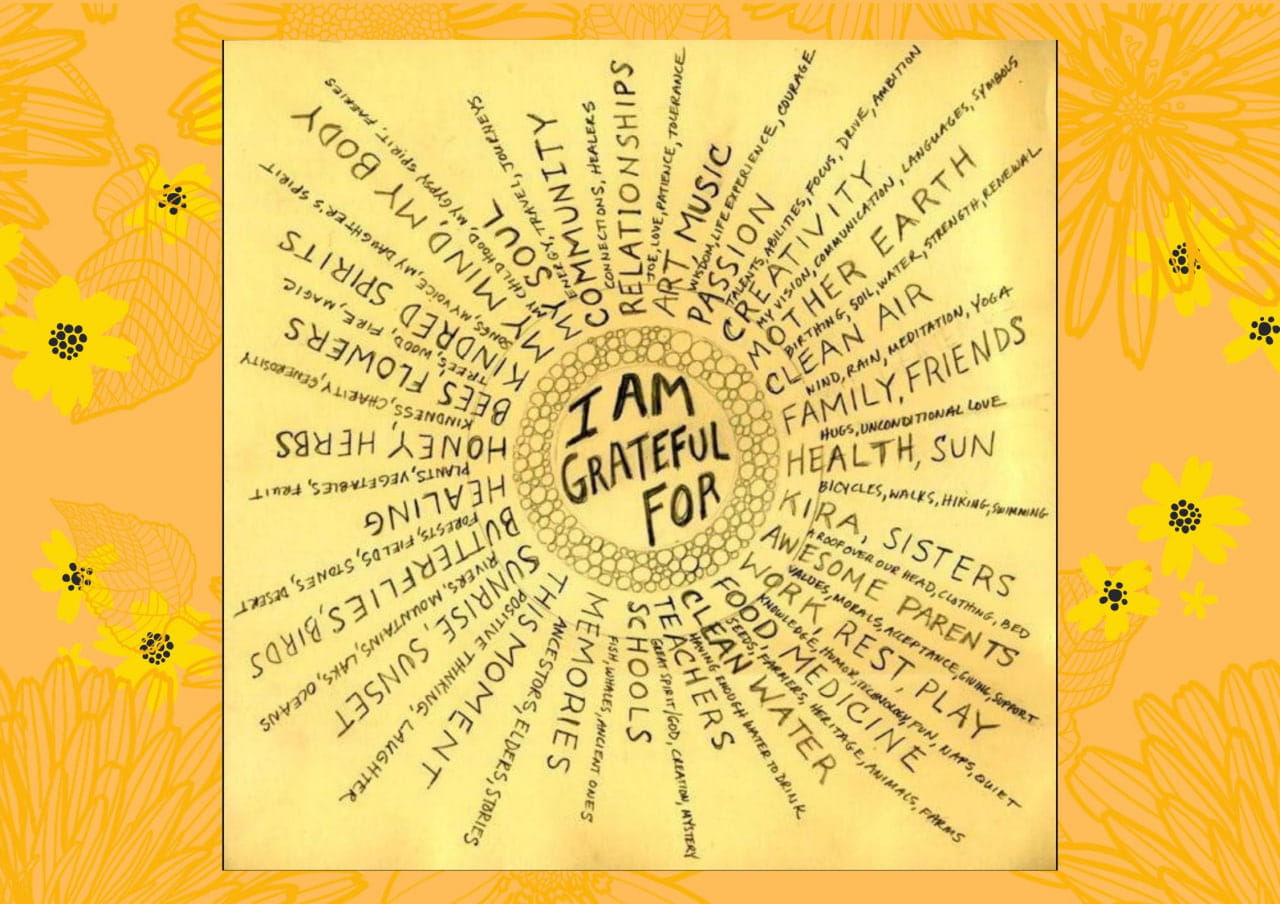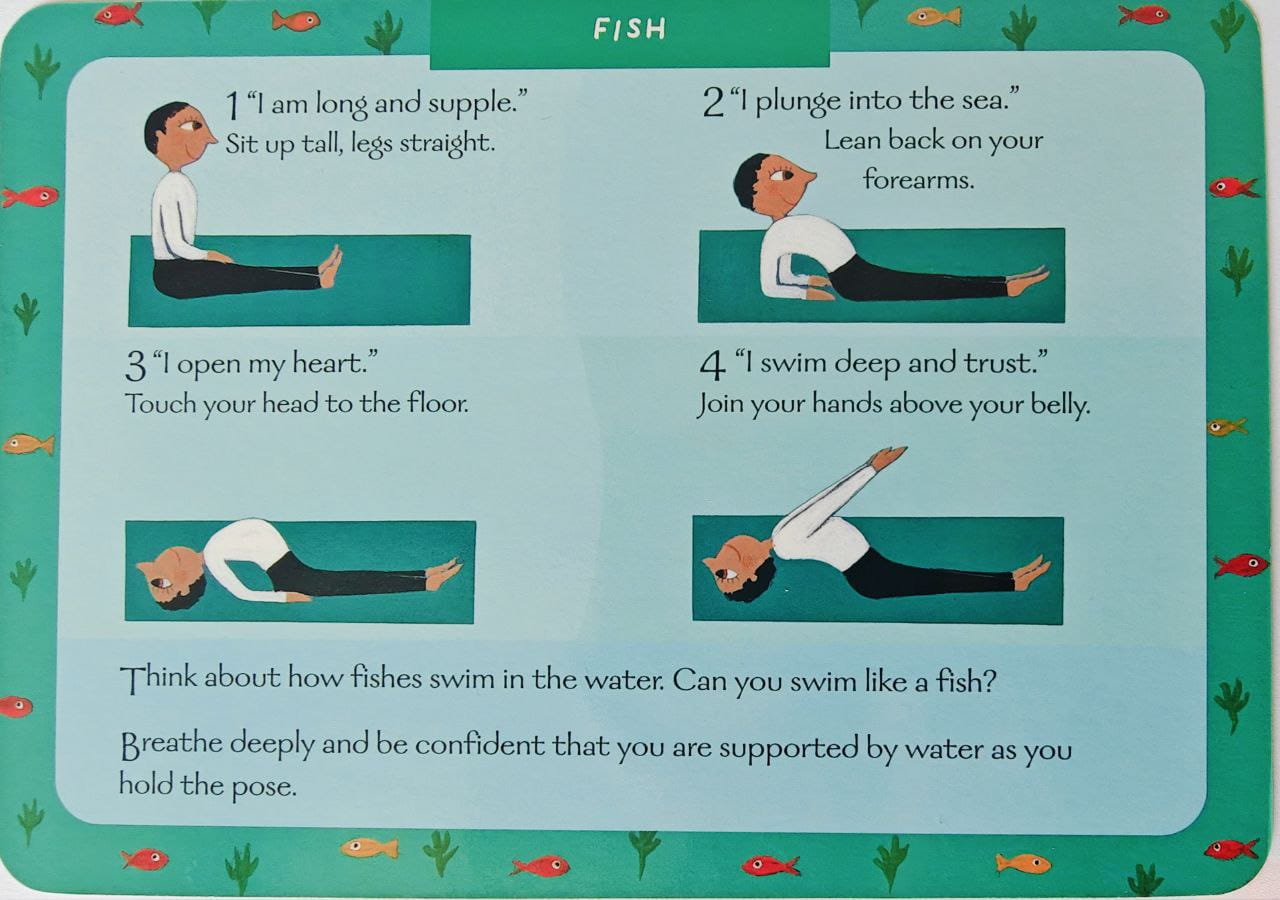The IB were forward thinking in their development of the PYP programme we use at Northbridge
Some years before I joined Northbridge International School Cambodia, when I was a teacher of a Grade 2 class in Singapore in 1999 we had just introduced the PYP into the school. This was my first experience of working with this programme and like many people had to make sense of the many different terms and ideas associated with it.
Some years before I joined Northbridge International School Cambodia, when I was a teacher of a Grade 2 class in Singapore in 1999 we had just introduced the PYP into the school. This was my first experience of working with this programme and like many people had to make sense of the many different terms and ideas associated with it.
Twenty-one years later I find I am still working through and developing my understanding. So my first message today, if you are new to the PYP, is do not worry if it all seems a bit confusing. However what is evident for me now is how forward thinking the IB were in their development of this programme.
Many of the ideas that are now recognized as vital parts of education were already in place in the PYP 21 years ago. Our set of attitudes which are now part of the IB Learner Profile recognized the importance of elements of collaboration, communication and creativity - all of which occur in current literature around excellent 21st century learning. Skills education was embedded into the programme as part of the essential elements and now educators and researchers are acknowledging the importance of skills focused education in addition to the acquisition of knowledge.

Back to Singapore - 21 years ago I was busy planning the units of inquiry with my G2 colleague. We planned a unit under the theme of Who We Are which had the central idea; "we are all the same but also, we are all different" which explored the fundamentals of humanity and international mindedness through a child's eyes. It strikes me that this also applies to schools and curriculums. I have had the pleasure of working in 6 different schools and whilst these were all PYP schools the same can be said of them, each approached the PYP in slightly different ways and focuses. Each school is unique and we have to fit the curriculum into the context and nature of the school. Similarly whilst curriculums around the world may be different they all have the same aim and many similarities can be found.
So how do we understand all the different elements of schools as parents? For me there are many ways the PYP stands out but I would highlight three which may help you understand a little more of why the PYP may seem different to what you may be used to as a traditional school which may have a more knowledge focused approach.
-
The focus of learning is not on the repetition and regurgitation of knowledge but at exploring meaningful content at a conceptual level.
-
The teacher's role is not as expert to impart knowledge but is to encourage active learning where students are constantly questioning, exploring and collaborating.
-
The focus on more than just knowledge incorporates also the teaching of skills and the encouragement of meaningful action.
During this time we are challenged in different ways but I have been amazed at how well our students and teachers have adapted and are still able to learn in this interactive and inquiry based way.
Wishing you a lovely weekend.







